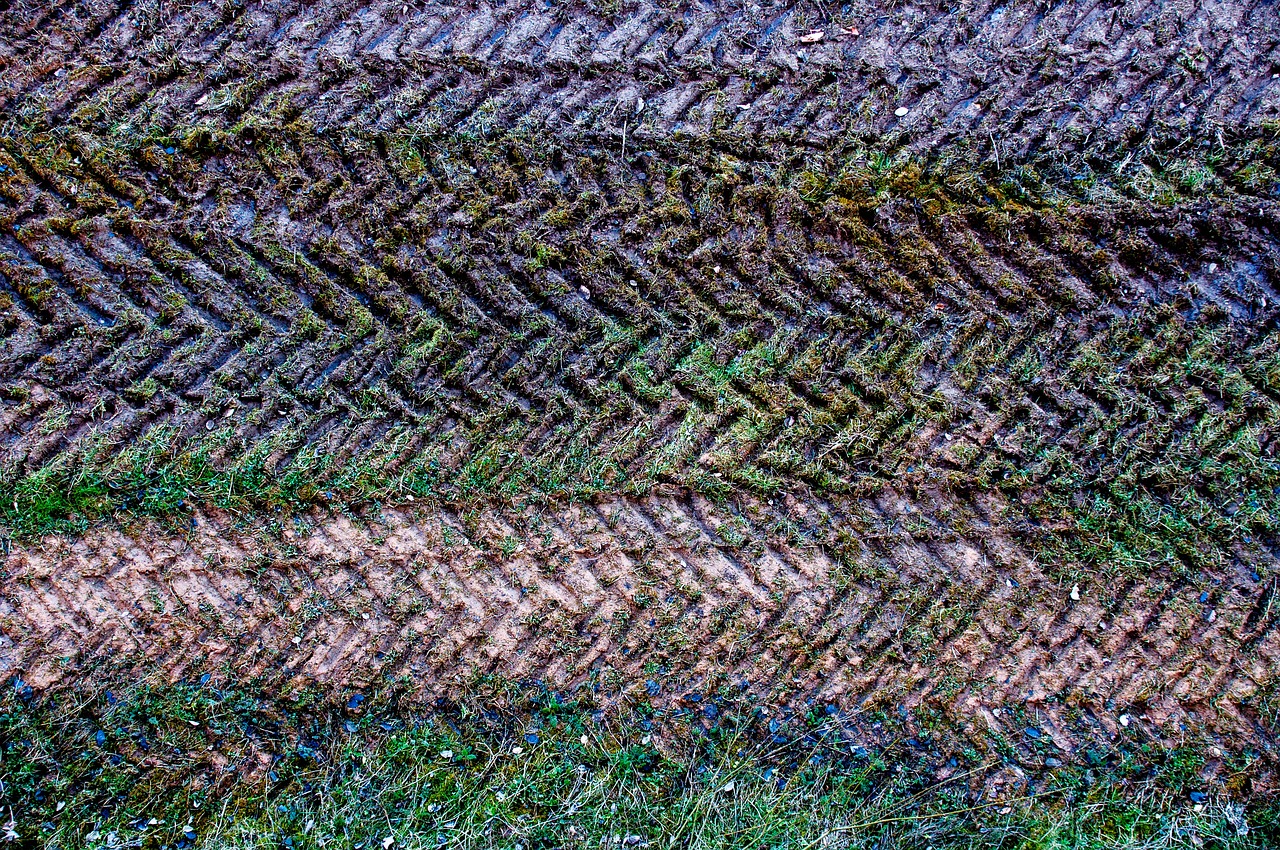With increasing detachment from our conditioning and from the need to use the world and other people as emotional props, we at times leave behind the things that hinder. There now will be moments, however fleeting, that we enter another reality, the spiritual, transcendental realm, which John Main calls the “level of silence, where we see with wonder the light of our own spirit”, “where we contact the ground of our being”, and “where we experience the void”, and where in Laurence Freeman’s words we experience “Peace, awareness of God’s Presence”, and we are “facing the naked ego”, the ‘ego’ without all its disordered desires and emotional wounds.
When we enter the silence in that deep way, a different way of knowing is activated: we leave our purely rational, logical consciousness behind and begin to understand with a higher, intuitive kind of knowing, direct and immediate, often called by early theologians ‘The Eye of the Heart’. We have accessed the inner source of true wisdom, the consciousness of Christ in our heart. The more we enter the silence and stillness of meditation, the clearer our intuitive understanding becomes. We just ‘know’. This spills over in our ordinary life and more and more we follow the voice of our intuition.
The early Church Father Origen was the first to talk about the interior senses. He says that there are five other senses in addition to our usual physical senses. The soul too has its eyes, its ears, its sense of taste, of smell, and of touch.
The whole purpose of meditation is to awaken these senses. By bringing the mind into the heart, our rational self no longer dominates our being, but our intuitive self, our true self, can infuse the ego, the rational self, and the two are slowly being integrated. Then we are truly whole. Now we remember who we truly are. Meditation helps us to experience Christ as a living force within us, energising, healing, transforming, leading us to greater awareness, wholeness and compassion.
It is important to remember that this is not something for the elite only; this is part of our human nature. One of the bedrock tenets of Jung’s psychology is that there is an intrinsic drive towards wholeness and integration within the psyche of all people, which is also brought out in this saying of St Augustine:
“The whole purpose of this life is to restore to health, the eye of the heart by which God may be seen”
Image by wal_172619 from Pixabay





